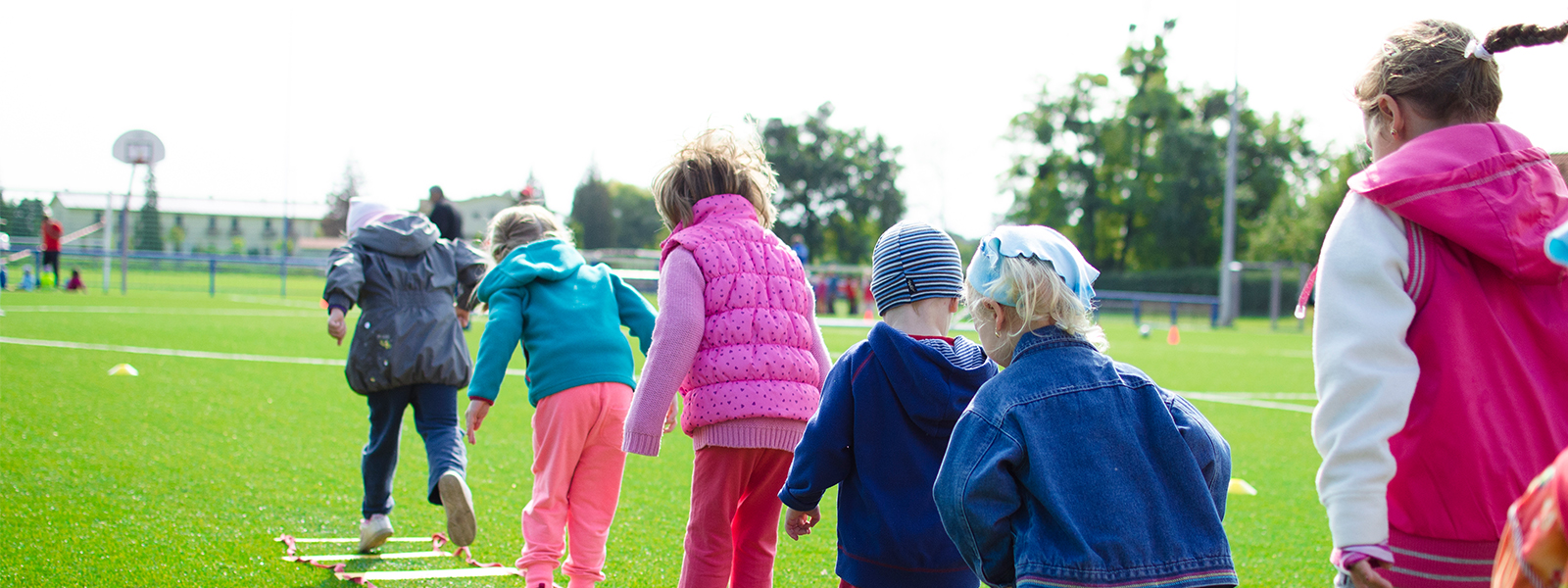We recognise the need for tailored approaches that address the unique strengths and challenges of autistic students within education systems. We seek to create inclusive environments where neurodiverse learners can thrive by adapting teaching methods, communication strategies, and support systems to meet their specific needs and help them engage more fully in the learning process. We aim to influence the pedagogy and ultimately the practice of educational establishments in Scotland, ensuring autistic students have equal access to learning opportunities and are supported in their academic and social development.

Laboratory for Innovation in AutismEducation and Inclusive Practice
This research aims to adapt the physically active learning (PAL) activities from the original ACTivate program for implementation in primary schools in Scotland, specifically for children with additional support needs (ASN). The study aims to gather teachers' opinions on PAL and to identify the facilitators and barriers to incorporating PAL for children with ASN. Additionally, it explores the types of support that teachers require to effectively deliver physical activity within the learning environment. In summary, we are working to combine health and education through PAL programs tailored for children with ASN, including those with autism, ADHD, sensory and physical impairments, and complex learning needs.
Intense interests, which autistic students pursue passionately and spend large amounts of time engaging with, are a common feature in autism. Recently, intense interests have been the subject of a contemporary reconceptualization as positive markers of diversity, since they can support the fundamental components of learning. Informed by a strength-based approach, this research aims to showcase further the advantages of incorporating intense interests within educational provisions as a vehicle for developing students’ learning trajectories, and ultimately to understand the reasons behind their anecdotal presence in curriculum plans.